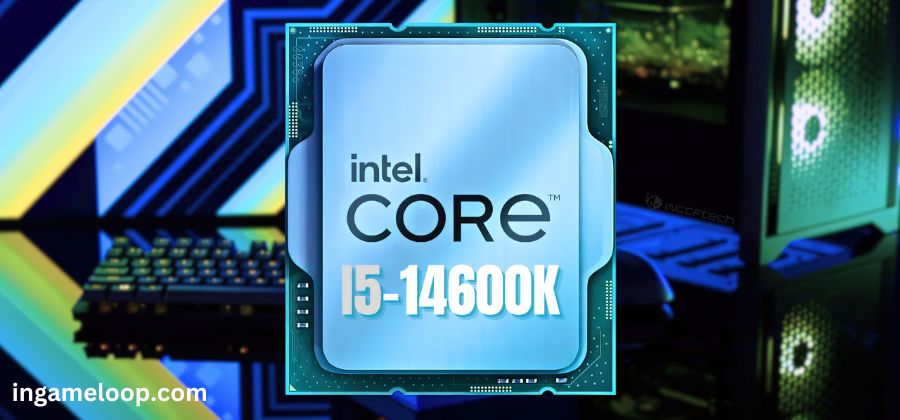
Intel’s upcoming Core i5-14600K processor has recently undergone rigorous benchmarking, revealing a noteworthy detail. The mid-range Raptor Lake Refresh CPU, set to contend for a spot on the Best CPUs list, achieved a peak turbo frequency of 5.3 GHz during the benchmark run. This aligns precisely with its predecessor, the i5-13600K.
Despite this apparent similarity in clock speed, the 14600K exhibited a performance boost over its forerunner in Geekbench scores, boasting an improvement of up to 11%.
In single-core performance, the new Raptor Lake Refresh chip secured 2819 points, outclassing the Core i5-13600K by 5.7% in the same benchmark. Transitioning to multi-core benchmarks, the 14600K demonstrated an even more substantial performance lead, surpassing its predecessor by 11.2%, all while operating at nearly identical clock speeds.
[GB6 CPU] Unknown CPU
— Benchleaks (@BenchLeaks) September 29, 2023
CPU: Intel Core i5-14600K (14C 20T)
Min/Max/Avg: 5090/5289/5253 MHz
Codename: Raptor Lake
CPUID: B0671 (GenuineIntel)
Single: 2819
Multi: 16666https://t.co/xzI9dQ7NRE
These benchmark results are striking, given the reported uniformity in clock speeds. However, it’s essential to approach these findings with a degree of caution. Full system specifications for the 14600K and 13600K test systems have not been disclosed, leaving room for variables that may have influenced the results. It is plausible, for instance, that the 14600K was tested with significantly faster memory, potentially contributing to its superior performance in Geekbench 6.
One of the most intriguing aspects of the 14600K benchmark results is the reported clock speeds by Geekbench 6. While the current clock speeds may not be groundbreaking, it’s worth noting that the scrutinized chip is likely an engineering or pre-production sample.
This suggests that the chip may achieve higher clock speeds in the future, once it reaches full production readiness. If this holds true, the results from this pre-production/engineering sample are quite promising, as engineering samples typically exhibit lower clock speeds compared to their predecessors.
The ultimate question that remains is how Intel will configure the clock speed for the final retail version of the 14600K. This decision hinges on the extent to which they can optimize clock speed within the revamped Raptor Lake architecture. Speculations suggest that the 14600K could potentially reach clock speeds as high as 5.7-5.9 GHz, especially if the i7 and i9 variants are clocked at 6 GHz or higher.
With the launch date for Raptor Lake Refresh on the horizon, it won’t be long before Intel’s clocking strategy for their next-generation mid-range desktop chips is unveiled. The industry eagerly anticipates this reveal, as it promises to further define the competitive landscape of CPUs in the market.







